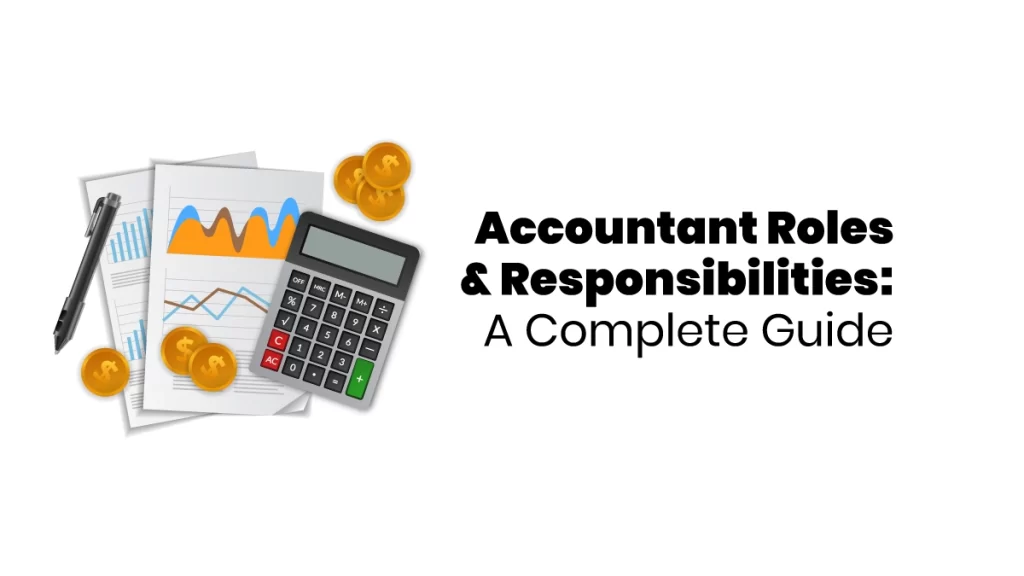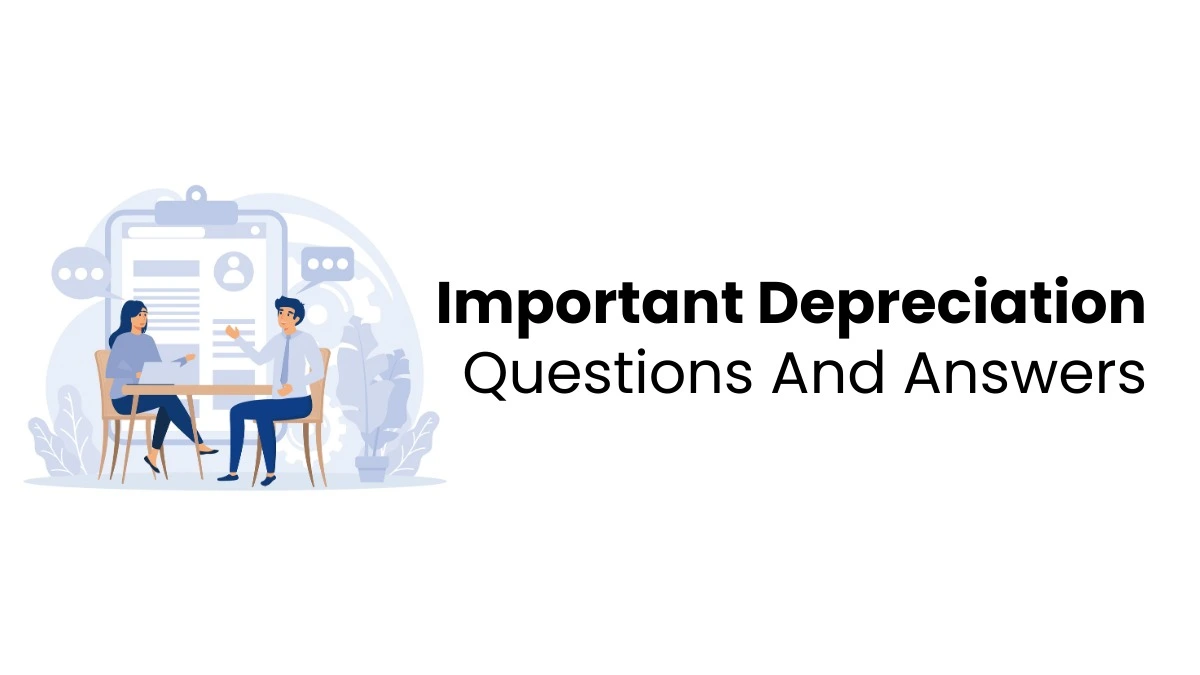Accountant roles and responsibilities include organizing, checking, and handling financial and tax records. Different accounting jobs need other skills and qualifications. If you’re considering a career in accounting, it’s essential to understand what accountants do so you can choose the proper certification. In this blog, let’s read about accountants’ various roles and responsibilities and discuss the skills and qualifications you need to get started.
Accountant Roles and Responsibilities in a Workplace
What accountants do at work can change based on their job and who they work for. Here are some duties of accountants:
- Writing down financial transactions
- Checking if accounting methods are working well and follow the rules
- Checking financial documents to correct any errors or unusual details
- Making sure that already recorded reports and transactions match up
- Creating, reviewing, and presenting budgets
- Giving financial advice based on analyzing different accounting options
- Helping auditors put together audit reports
- Giving tips on how to make more money, spend less, and increase profits
- Preparing and looking over financial reports like cash flow statements, balance sheets, and profit and loss statements
- Filing yearly tax returns
Soft Skills to Succeed in Accounting
Mastering financial management is fundamental for starting a career in accounting. But there’s more to standing out and doing well. While having the right skills is a must and can get you an interview, showing your personality traits is what will get you the job.
Accountant roles and responsibilities include technical skills about accuracy, while soft skills are more about personal qualities. Most bosses want workers with good soft skills. In today’s changing world, accountants need to keep up with technology and know a bit about business basics, which are part of soft skills.
Credibility/Integrity
Being honest and keeping client information private is essential in accounting. It means telling the truth, avoiding shady, and respecting client secrets.
Staying honest is crucial for an accountant’s reputation. Credibility, or how much people trust you, is critical to getting hired. It shows clients that you’ll do your best for them.
Business Knowledge
Knowing how businesses work helps accountants understand their role and how the company fits in the market. It’s easier to work with someone who understands your background.
This knowledge makes the job easier. Understanding the business helps with solving problems and making decisions.
Leadership Skills
Leadership skills are helpful in any job, including accounting. They include being friendly, having a vision, being confident, and being patient.
These skills matter in accounting because they show you can handle essential roles. They’re not just valuable every day, but they also show that you’re capable of taking on more significant responsibilities.

Up-to-date Technology Expertise
Knowledge of how to use technology makes accountants’ jobs easier and more attractive to employers. Apart from using financial software, being good at Excel, business software, Microsoft Visual Basic, and QuickBooks can make an accountant’s resume look impressive.
Accountant roles and responsibilities with these tech skills aren’t just for show; they help accountants work faster and focus on essential tasks.
Communication
Communication is essential in accounting. It helps explain things well to others and makes a good impression when applying for jobs.
Clear communication is vital in writing, by phone, or in person. It’s essential for job interviews, sharing ideas, and getting along with coworkers.
Commercial Awareness
Understanding how the market works helps accountants know where their company fits in. This means understanding how political, economic, and social changes might affect the business. It’s crucial for analyzing risks, which is a big part of an accountant’s job.
Commercial awareness also looks good in job interviews because it shows that you’re dedicated and interested. It helps with coming up with ideas, spotting opportunities, and understanding what the company is trying to achieve.
Analytical Skills
Being good at analyzing things is essential for accountants. It’s the foundation of their job. Every future accountant should improve at it because it’s necessary. With strong analytical skills, you can quickly figure out and solve problems.
Having analytical skills means you’re good at collecting and understanding information, making decisions, and finding solutions to problems. It involves a lot of thinking carefully and coming up with plans, which are critical parts of being an accountant.
How to Become an Accountant?
To become an accountant, one should follow dedication and hard work. They must get a bachelor’s degree in accounting, which usually takes at least 120 credit hours (or 60 if you have an associate’s degree).
After finishing graduation, having some accounting certifications is essential. Things like Certified Public Accountant (CPA), Certified Financial Analyst (CFA), or Certified Fraud Examiner (CFE) titles prove you’re skilled.
Getting hands-on experience is also essential, which is where internships come in. These real-world opportunities help accountants understand their roles and responsibilities, prepare for accounting jobs, and make it easier to start working.
Understanding how vital accountants are in finance and business comes from knowing what they do. Their daily tasks need both book smarts and good people and technical skills. While some employers want both, others might focus more on one type of skill.
Improving these skills can lead to more career opportunities in accounting. For top-notch accounting training, check out Finprov’s excellent programs. We offer accounting courses covering CBAT, PGBAT, Income Tax, and more. These courses are carefully crafted to meet the needs of learners at different career stages.
Our accounting professional courses focus on practical training, giving you skills you can use immediately. At Finprov, we’re dedicated to providing education beyond the basics, setting you up for success. Our job-focused courses help in finding work and will prepare you for great opportunities. It’s all about helping you build a brighter future with better skills and more possibilities.










